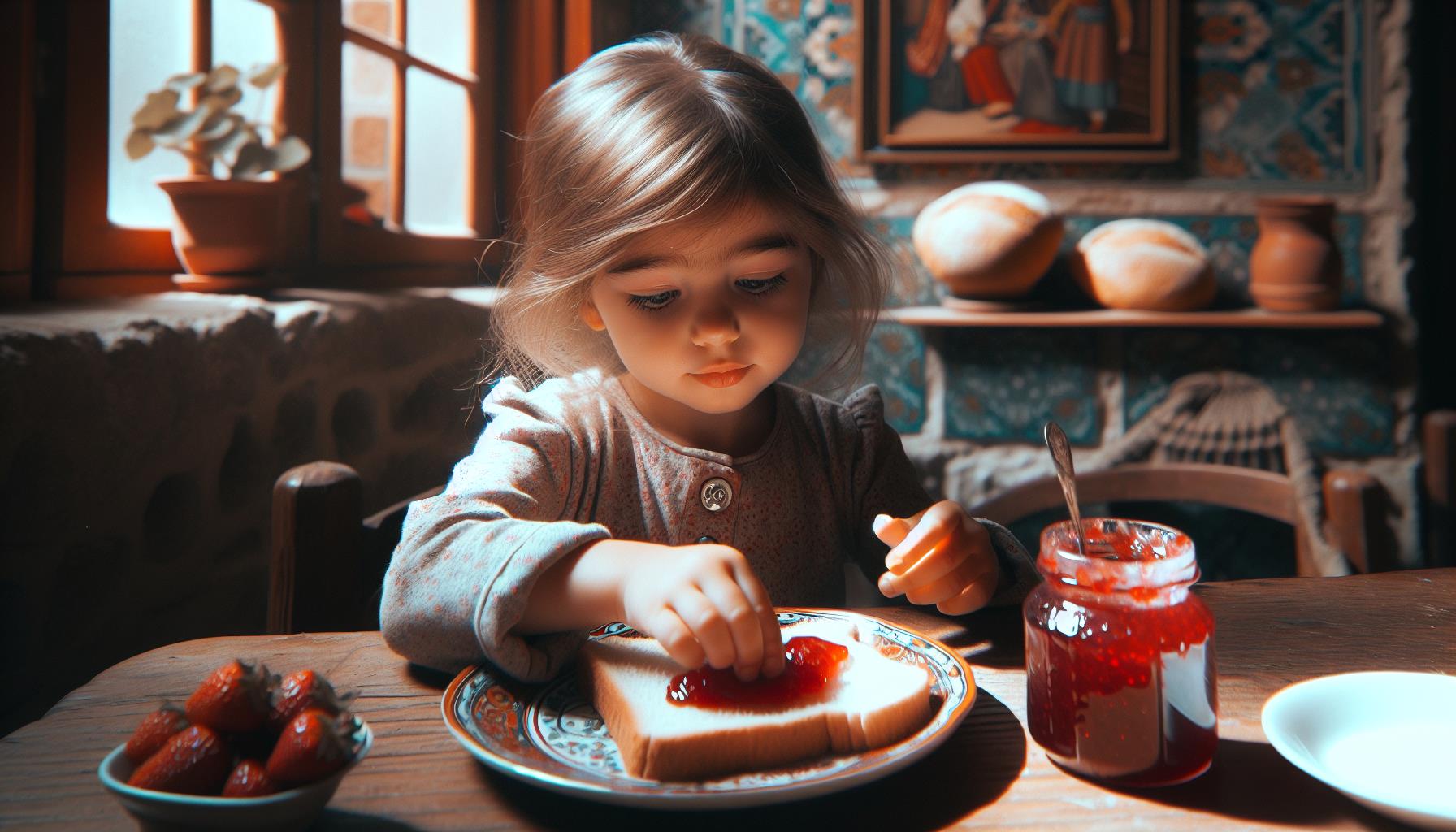The rapid advancement of generative AI technologies is compelling societies to reconsider and potentially rewrite their existing intellectual property (IP) laws. Traditionally, IP rights have been established to protect creative works such as texts, images, and designs, ensuring that the creators are compensated if others use their works. However, the emergence of AI systems capable of generating informations, songs, or logos raises a complex question: Who owns the copyright to these AI-generated creations?
This quandary extends further to the individuals whose works were used to train these AI systems. Professor Teemu Roos of the University of Helsinki points out that AI systems like AlbertAGPT do not create content ex nihilo. Instead, they analyze vast amounts of text, music, photos, paintings, or videos available on the internet—works created by the very individuals who may now find themselves displaced by AI technologies. This scenario presents a significant challenge in balancing the rights and interests of original creators with the capabilities of advanced AI systems.
The Question of Ownership
Determining ownership of AI-generated content is a daunting task. Does the copyright belong to the programmers who developed the AI, the AI systems themselves, or perhaps no one at all? Existing IP laws do not provide clear answers to these questions, and thus, legal experts and lawmakers are faced with the challenge of adapting these laws to the new reality shaped by AI advancements.
The question of IP rights for AI creations becomes even more complicated when considering the collaborative nature of AI training. Many AI models are trained using large datasets that consist of works created by numerous individuals. Consequently, it raises ethical and legal dilemmas about the entitlement to profits generated from AI-created content and the recognition that should be given to the original human creators.
Implications for Creators and Society
The implications of AI-generated content on traditional creators are profound. Artists, writers, and musicians might find their livelihoods threatened by AI systems capable of producing high-quality work at a fraction of the cost and time traditionally required. This situation could lead to a devaluation of human creativity and a shift in how society views artistic endeavors.
On the societal level, the rise of generative AI could necessitate a complete overhaul of current IP frameworks to ensure a fair distribution of benefits. Policymakers will need to navigate the fine line between fostering innovation through AI and protecting the rights and livelihoods of human creators. Striking this balance will be crucial to maintaining a healthy and dynamic creative economy.
Conclusion
The inquiry into the ownership of AI-generated creations is far from resolved and highlights a key intersection of technology, law, and ethics. As AI continues to evolve, so too must our legal frameworks and societal norms to accommodate these changes while ensuring fairness and respect for human creativity.
The conversation surrounding AI and IP rights is just beginning, and it will likely take years of legal battles, policy adjustments, and societal shifts to reach a consensus. Nevertheless, this ongoing dialogue is essential to navigating the complexities introduced by AI in our increasingly digital and automated world.
- The rise of generative AI is challenging existing IP laws and necessitating their reconsideration.
- Ownership of AI-generated works raises complex questions involving programmers, AI systems, and original human creators.
- Traditional creators might find their roles threatened by increasingly capable AI technologies.
- Policymakers must balance fostering AI innovation with protecting human creators’ rights to maintain a fair creative economy.
